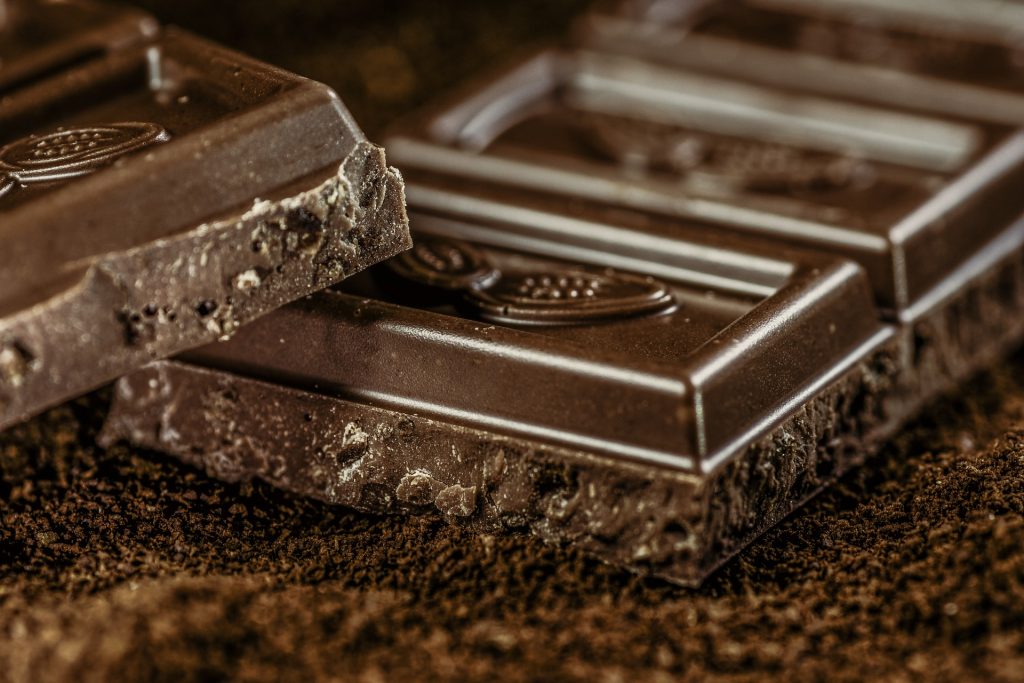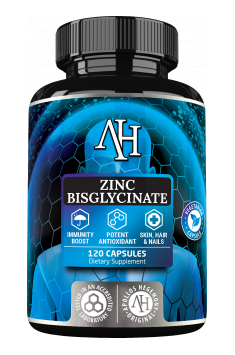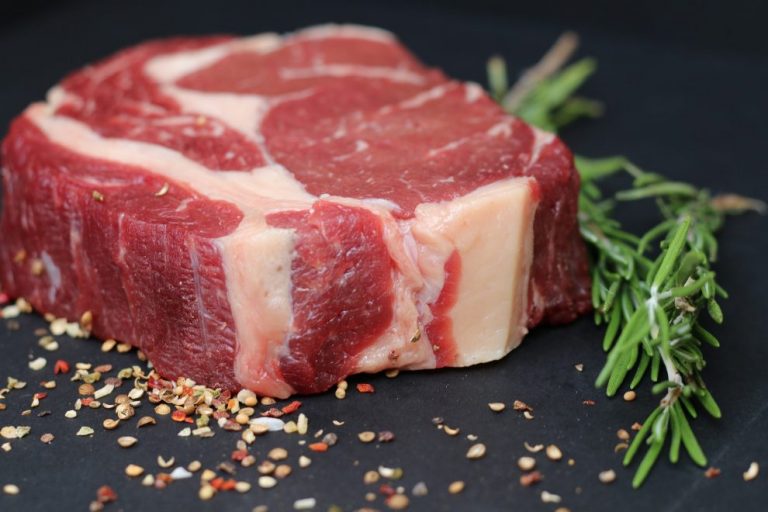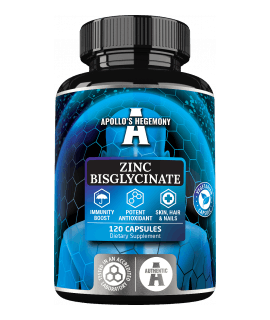Zinc is a mineral component that our body needs very much. It uses it, inter alia, to fight infection and cell production, but also to heal wounds. Zinc deficiency is quite common and it is necessary to maintain good health. If it is too little, it can result in the disruption of many processes in the body, because it is necessary for the proper functioning of more than 300 enzymes. Our body does not store zinc, so you should provide it with food every day. Unfortunately, zinc occurs in such products that some of us rarely ingest. However, during the daily preparation of meals, pay special attention to food that has a large amount of zinc.
What products are rich in zinc?
Meat is a great source of zinc, especially red meat. However, zinc can be found in all types of meat, including beef, lamb and pork. The 100-gramportion of raw ground beef contains 4.8 mg of zinc, which is 43% of the recommended daily allowance for men. Unfortunately, people who do not eat meat do not provide the same important nutrients and minerals contained in it.
Seafood is an even better source of zinc than meat, and at the same time is low in calories. Already 6 medium oysters provide 32 mg of zinc, which is 290% of the daily requirement. Shrimp and mussels have it a little less - a 100-gram serving will provide 14% of the daily requirement for zinc.
Cannabis seeds are also a good source of zinc. A serving, i.e. about 100 grams, satisfies 31% of the daily demand for men, and 43% for women. Other seeds such as pumpkin seeds and sesame also contain zinc, but not as much as cannabis.
Cashews are a very good source, as 30 grams will satisfy 14% of the daily demand in men.In addition, other types of nuts also have a lot of zinc. These are, for example, pine nuts, peanuts or almonds.
Dairy products, such as cheese and milk, provide many nutrients and minerals, includingzinc. Milk and cheese are two noteworthy sources. They contain large amounts of zinc, which is very bio-accessible. This means that the major part of this ingredient is absorbed by the body. For example, 100 grams of cheddar cheese contains about 28% of the daily requirement in men. A full-milk cup provides about 9%.
Eggs contain traces, unfortunately, but they can be a good alternative to vegetarians. One large egg satisfies about 5% of the recommended daily intake for men.
What seems to be surprising, bitter chocolate is a very good source. Already one plate with a high cocoa content provides 30% of the daily demand for zinc. However, the same amount also contains 600 kcal.
Which products are poorly absorbed from?
Legumes that contain a bit of a cry are a good alternative to vegans and vegetarians because a 100-gram serving satisfies 12% of the daily requirement. However, they also contain phytates through which the absorption of zinc is inhibited. For this reason, they are not as good a source as animal products.
Products such as, for example, wheat, quinoa, rice or oats can be a source of zinc in the diet. However, the zinc provided may also not be absorbed as well as other products due to the presence of phytates.

The role of zinc in our body
Zinc protects our body, among othersagainst colds, flu, conjunctivitis, mycosis and various other infections.It also relieves the symptoms of autoimmune diseases. Thanks to the zinc, we also feel the taste and smell. In addition, it stimulates the work of the pancreas, thymus and prostate.
In addition, it participates in the transformation of proteins, fats and carbohydrates.It also supports the work of our brain and prevents dementia. It is also used to support the treatment of schizophrenia and depression.It has a good effect on fertility and regular menstrual cycle in women.

What's more, it accelerates the healing of wounds, soothes skin irritations. It is effective in the treatment of juvenile and rosacea acne, burns, breakouts, but also psoriasis.
It also strengthens our hair and nails.It is used to relieve the symptoms of osteoporosis, hemorrhoids, intestinal inflammations or peptic ulcers. It also protects cells from the harmful effects of free radicals.
Symptoms of zinc deficiency
The main reason for the lack of zinc in the body is the reduction of immunity. The result is greater susceptibility to viral and bacterial infections.It is also believed that zinc deficiency may be a factor contributing to the deterioration of memory, feelings of fatigue and even the development of Alzheimer's disease.
We may also have problems with lack of appetite, and consequently it leads to weight loss. Zinc also affects libido, because in the case of deficiency it is much smaller.
Symptoms of the lack of this component are also skin problems such as eczema, dry skin or stretch marks, as well as difficulties in wound healing.Often, our hair and nails inform us about the lack of zinc. The nails are very fragile and the hair susceptible to falling out, which is easy to see. In addition, in the case of deficits, our body and skin age more quickly.
In addition, zinc deficiency in children may result in stunted growth but also delayed puberty. Chronic deficit can even lead to infertility later in life.
In pregnancy, it is particularly dangerous due to the fact that deficiency in the fetal period may cause fetal defects in children and low birth weight.It can also contribute to miscarriages.
The lack of zinc in the elderly contributes to the development of macular degeneration, a gradual deterioration of the eyesight, and eventually can even lead to blindness.

Summary
Zinc is involved in many processes and is responsible for important functions in our body.People especially exposed to shortages are people who do not eat meat and seafood. They should take care of additional balancing of the diet or supplementation.
Deficiency symptoms are a lot, but they can be misleading and do not necessarily lead us to the fact that our body needs just zinc. A healthy diet rich in various nutrients, minerals and vitamins, but also sports and regular examination is the key to health.
Sources:







